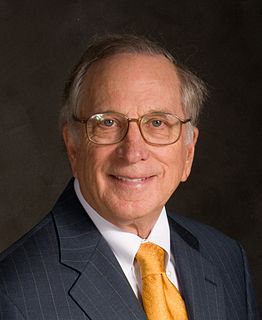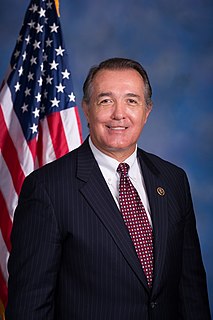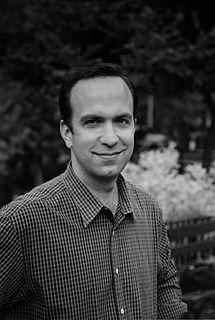A Quote by Kofi Annan
Nuclear terrorism is still often treated as science fiction. I wish it were. But unfortunately we live in a world of excess hazardous materials and abundant technological know-how, in which some terrorists clearly state their intention to inflict catastrophic casualties. Were such an attack to occur, it would not only cause widespread death and destruction, but would stagger the world economy... [creating] a second death toll throughout the developing world.
Quote Topics
Abundant
Attack
Casualties
Catastrophic
Cause
Clearly
Creating
Death
Destruction
Developing
Developing World
Economy
Excess
Fiction
Hazardous
How
Inflict
Intention
Know
Know-How
Live
Materials
Nuclear
Nuclear Terrorism
Occur
Often
Only
Science
Science Fiction
Second
Some
State
Still
Technological
Terrorism
Terrorists
Throughout
Toll
Treated
Unfortunately
Were
Which
Widespread
Wish
World
World Economy
Would
Related Quotes
The money economy thus leaves a large ecological footprint, defined as the amount of land and resources required to meet a typical consumer's needs. For example, with only about 4% of the world's population, the United States, the largest money economy, consumes in excess of one-quarter of the world's energy and materials and generates in excess of 25 percent of the world's greenhouse gas emissions.
I think if terrorists had nuclear materials and found people to put a bomb together - both of which are possible - we would already have seen a nuclear explosion. But we have literally thousands of people around the world working their tails off and making a lot of sacrifices to contain nuclear materials. I particularly would like to compliment the Russians on this. In times of great economic distress, many of them could have made an awful lot of money if they had sold their expertise.
It was the essence of life to disbelieve in death for one's self, to act as if life would continue forever. And life had to act also as if little issues were big ones. To take a realistic attitude toward life and death meant that one lapsed into unreality. Into insanity. It was ironic that the only way to keep one's sanity was to ignore that one was in an insane world or to act as if the world were sane.
But how to know the falsity of death? How can we know there is no death? Until we know that, our fear of death will not go either. Until we know the falsity of death, our lives will remain false. As long as there is fear of death, there cannot be authentic life. As long as we tremble with the fear of death, we cannot summon the capacity to live our lives. One can live only when the shadow of death has disappeared forever. How can a frightened and trembling mind live? And when death seems to be approaching every second, how is it possible to live? How can we live?
I come from the state of Michigan. We were the first English-speaking government in the world to outlaw the death penalty, back in the 1840s. We have never had, as a state, the death penalty in Michigan. I was raised with that, and even Republicans in Michigan, nobody would even think of putting a measure on the ballot to have the death penalty.
How many boys like him were out there in the ether, holding on to their big brothers and sisters who were still alive? How many husbands were floating between life and death, clinging to their wives in this world? And how may millions and millions of people were there in the world like Charlie who wouldn't let go of their loved ones when they're gone?
Terrorists do not actually need nuclear weapons. They have been conveniently supplied with 103 nuclear power plants scattered throughout the United States (438 of these deadly facilities exist throughout the world). A planned meltdown at one of these facilities would make the World Trade Center attacks seem like child's play. The massive concrete containers protecting the reactors are not strong enough to withstand the impact of a jumbo jet.
Some say that by fighting the terrorists abroad since September the 11th, we only stir up a hornets' nest. But the terrorists who struck that day were stirred up already. If America were not fighting terrorists in Iraq and Afghanistan and elsewhere, what would these thousands of killers do - suddenly begin leading productive lives of service and charity? ... We are dealing here with killers who have made the death of Americans the calling of their lives.
What I should like to find is a crime the effects of which would be perpetual, even when I myself do not act, so that there would not be a single moment of my life even when I were asleep, when I was not the cause of some chaos, a chaos of such proportions that it would provoke a general corruption or a distubance so formal that even after my death its effects would still be felt.
As a sick kid, I always looked out the window. The objects of my observation were the sun, the seasons, the wind, crazy people, and my grandfather's death. During my long period of observation, I felt that something like poems were filling up my body. They were in some kind of state and condition that made them difficult to render into words. As a university student, I tried hard to write them in Korean. It was at that time that I foresaw my death and the world's death. I think my poems started at that time.











































